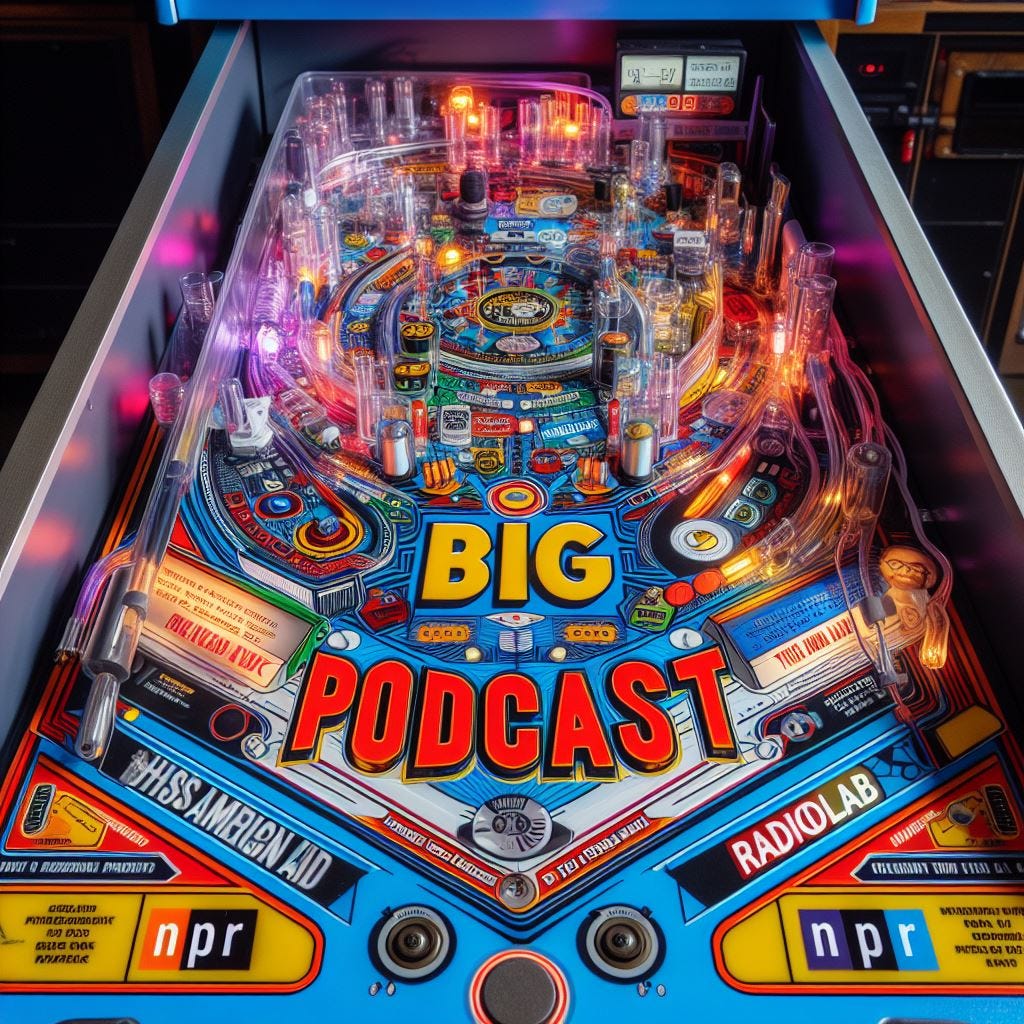The 8-Step Podcast Interview Plan
Nancy is right. You don’t want to get to the end of an interview (or scheduled studio time) without getting what you need.
Lots of things can go wrong during an interview.
This isn’t to say that a “plan” guarantees success. As Mike Tyson said about his plan for a fight with Evander Holyfield, “Everyone has a plan until they get punched in the mouth.”
In other words, your “plan” will likely go out the window as soon as you ask your first question …
But you do want to prepare. Here are some tips to make sure your interviews are both engaging and productive:
Research Your Guest Thoroughly
Three things to look at …
Background: Understand their background, achievements, and the main topics they are known for.
Recent Work: Check out their latest projects, publications, or appearances.
Personal Interests: Discover any personal interests or hobbies that might give your interview a “human” angle.
Draft a Flexible Outline
How I do it …
Key Questions: Prepare a list of key questions you want to cover.
Flow: Think about a natural flow of conversation, so what you do doesn't feel like a rigid Q&A.
Backup Topics: Have some backup topics or questions ready in case the conversation stalls.
Engage with Open-ended Questions
Use open-ended questions that encourage storytelling.
Examples:
"Can you tell me about your experience with ...?"
"What inspired you to start working on ...?"
“What was it like when …?”
Listen Actively
Pay close attention to your guest's responses. Ask follow-up questions based on what’s said.
Showing a genuine interest in guest stories and insights encourages guests to open up and share more of these.
Maintain a Conversational Tone
Make the guest’s experience feel like a natural conversation rather than an interview.
Within reason, share your own thoughts and experiences when relevant to create a more relatable dialogue, but focus more on listening and guiding the conversation via your questions than telling your own stories.
Be Adaptable
Be prepared to veer off your planned questions if an interesting topic arises. If you’re thinking “I should ask additional questions about that,” the audience is also.
You set the pace for your podcast and any interviews you do, but adapt to the mood and energy of your guest to build rapport.
Time Management
Keep an eye on the clock to ensure important topics are covered within the time you have available.
Prioritize key questions if time starts running out.
Post-Interview Review
After the interview, review the recording or notes to see what worked well and what could be improved.
Use this information to refine your approach for future interviews.
Preparation is key to conducting successful interviews. While it's important to have a plan, being flexible and adapting to the flow of the conversation will lead to more engaging and insightful discussions. Remember, preparation doesn’t just help you; it also makes guests feel valued and understood, leading to a better experience for everyone involved.
Note that being flexible like this can often feel like you aren’t prepared, especially if you’re used to over preparing. This is normal.
Trust yourself and your ability to keep a conversation/interview moving forward, regardless of where it goes. This will get you far better results than a disjointed “plan” that, while you may finish, doesn’t leave you with moments that connect with listeners.




